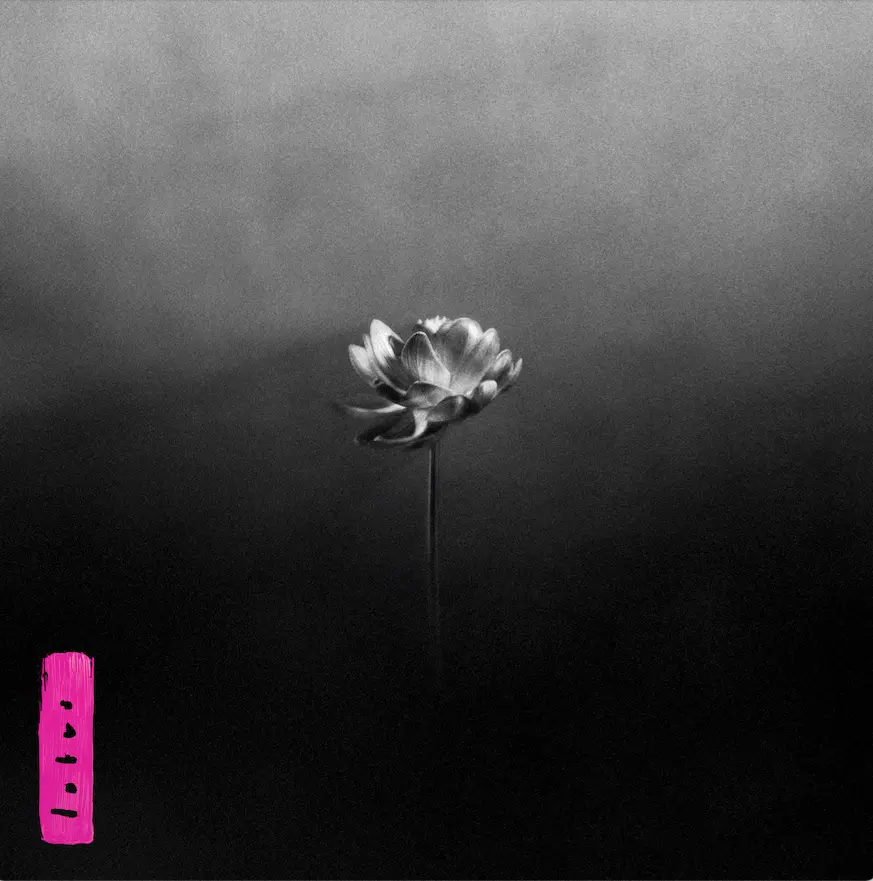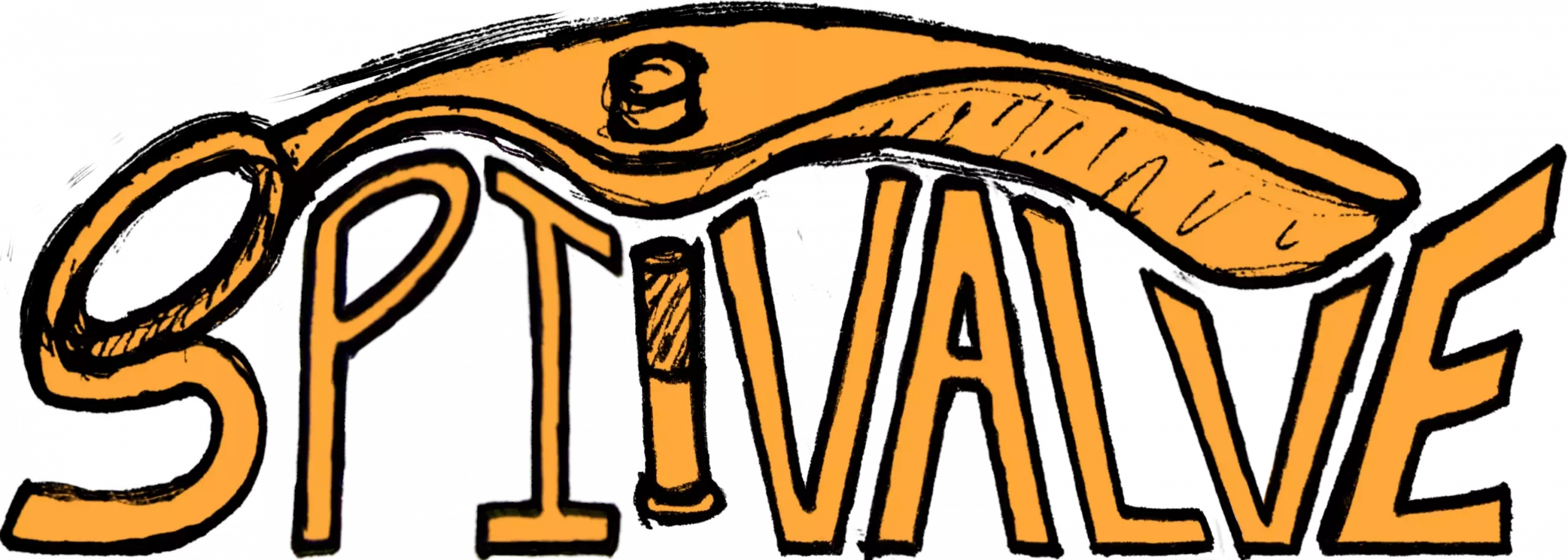Better Call SAULT

Little Simz returns in stellar form on her sixth album, cementing her place in the worldwide hip-hop conversation. But, that’s the boring bit… there’s a lot more going on with this one.
Let’s get straight into the lore of this album. In March of this year, Simz’s £1.7m lawsuit against her go-to producer Dean Cover (aka Inflo) was made public. Cover was not just Simz’ closest musical collaborator, but a hugely respected figure in British music in his own right – he is the producer and driving force behind SAULT, one of the biggest success stories in contemporary soul and R&B. As well as producing most of Simz’s studio albums up to this point, he has worked with the likes of Adele and Tyler, the Creator. Throughout this incredible career run, he had been borrowing millions from Simz, and allegedly repaying next-to-nothing. SAULT’s extravagant live show was entirely funded out of Simz’ pocket, and she claims she was never paid back.
This article from The Guardian gives a detailed account of the exact series of events and transactions that build the case against Cover, and ultimately led to this album. I recommend reading it for further context, as it’s only relaying information directly from the lawsuit, and every other article I can find on the matter refers back to the same source.
Now, the album! Immediately, I feel this album carries a lot of the best sounds from her previous work, showing her taste has been driving her sound as much as, if not more than Inflo’s production. In fact, every time the instrumentals crescendo on this album, on the frenetic final section of the title track or during the absolute bliss of the Sampha-backed outro on Lonely, it feels almost spiteful. When not telling us directly, Simz is showing that she can do this without the other half of the toxic producer-artist relationship she’s relinquished herself from. On opener Thief, Simz outlines her perspective and her emotions throughout the last two years as this fraught relationship finally broke down. “I feel sorry for your wife”, a cutting line in the second verse, seems the closest thing to compassion toward the opposite side Simz is willing to show. It’s hard to see this album as anything other than an artistic, reflective deep-dive into Simz’s personal feud with Inflo, and the fallout it’s had throughout her life, so forgive me for returning to the topic so frequently. The fact is, a good chunk of this track list is addressing the beef and publicly airing grievances.
A few familiar faces reappear on this album, too – Simz returns to the recording booth with frequent-ish collaborators Michael Kiwanuka and Obongjayar, the latter gracing two of my favourite tracks here with his incredible vocals. Simz also enlists some features from British royalty: Wretch 32, Yussef Dayes, Sampha, and Moses Sumney pepper the album with enough voices for it to stay exciting, while never encroaching on Simz’ spotlight. A notable exception from the stacked lineup is Cleo Sol, who happens to be Inflo’s wife, absent from Simz’s album for the first time since Simz’ and Inflo’s professional relationship began back in 2019 with Grey Area.
The closing three tracks make for a satisfying triptych, and my favourite run of the album: the title track sees Simz hit a raspier, more urgent tone as she breaks down the codependent relationship between her and her audience, Lonely turns inward and acts as a dour self-portrait, with closer Blue turning her fire from para-social relationships to personal relationships, and how to navigate them when your trust has been irrevocably broken.
This album sees Simz experimenting with her vocal style more than ever, most notably when she returns to the posh inflection she leant into on the interludes for her (incredible) second album Sometimes I Might Be Introvert on Young. A criticism I’ve always had with Simz is that, despite the beautiful arrangements she backs herself with, and her incredible writing, her vocal delivery has been pretty consistently un-varied. I love it when rappers play with their voice, and even if I’m not in love with what she’s doing here, I appreciate the willingness from Simz to be a bit more light-hearted, and I’ll be surprised if the song isn’t co-opted into the ever-volatile TikTok trend economy this year. Weird choice for a pre-album single, though.
My only gripe with this album is that it takes a bit too long to pick up the pace and hit a groove. The tribal, funky Lion would be better suited to a spot earlier in the track list, maybe in place of the more low-key Only, which does kill the momentum in the first half. As a counter point to this, this is the tightest collection of tracks we’ve had from Simz, maybe ever. The production never overpowers the message on this album, instead it often takes a backseat and lets her talk her talk. Gone are the meandering instrumental interludes and 4-minute-long outros from previous records, a big sticking point for me on her previous album No Thank You. As Simz and Sampha see off the album over tasteful, minimal acoustic guitar, it’s clearly a choice that works, and I hope is allowed to flourish on more positive and joyous projects from Simz in future.
